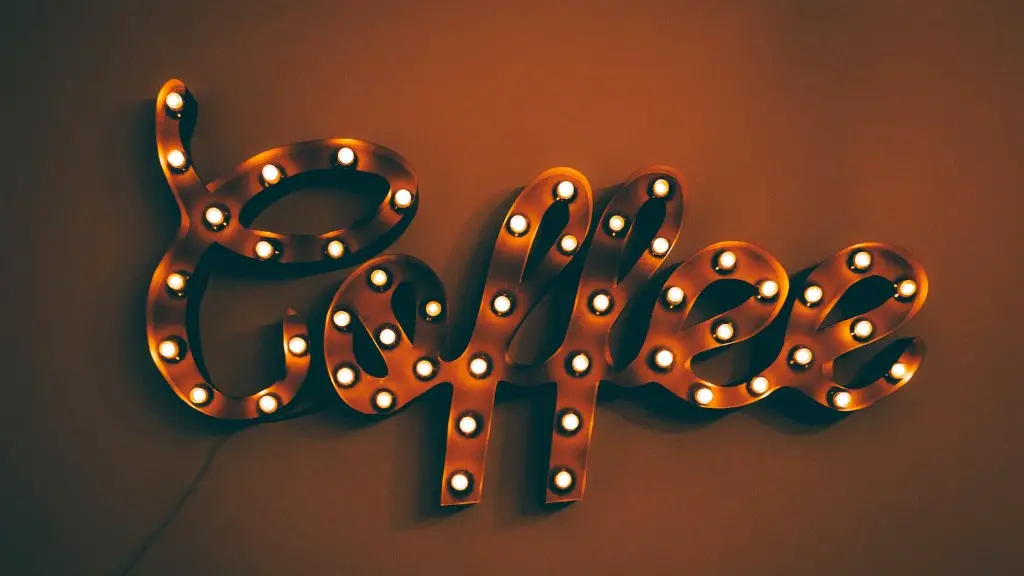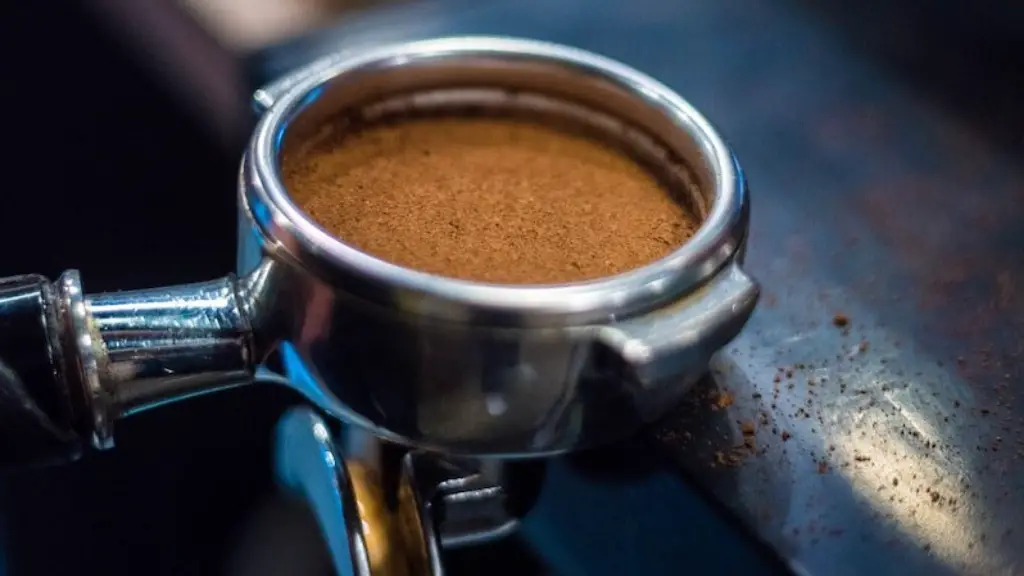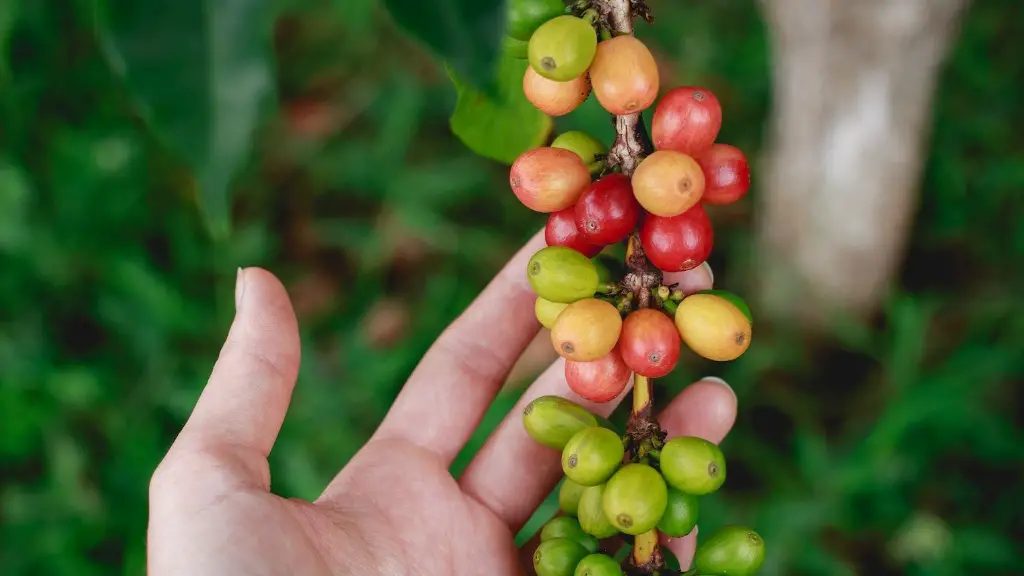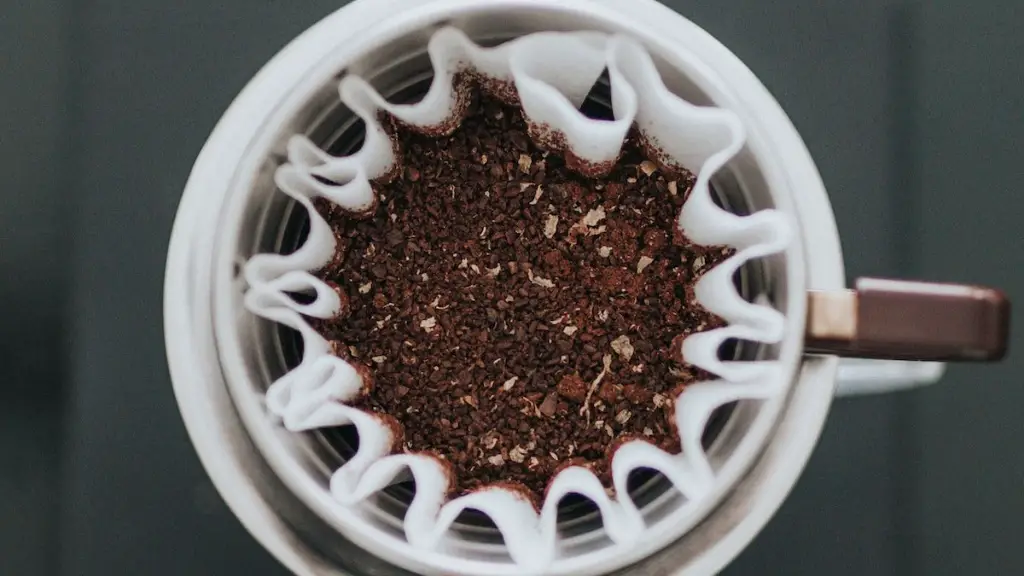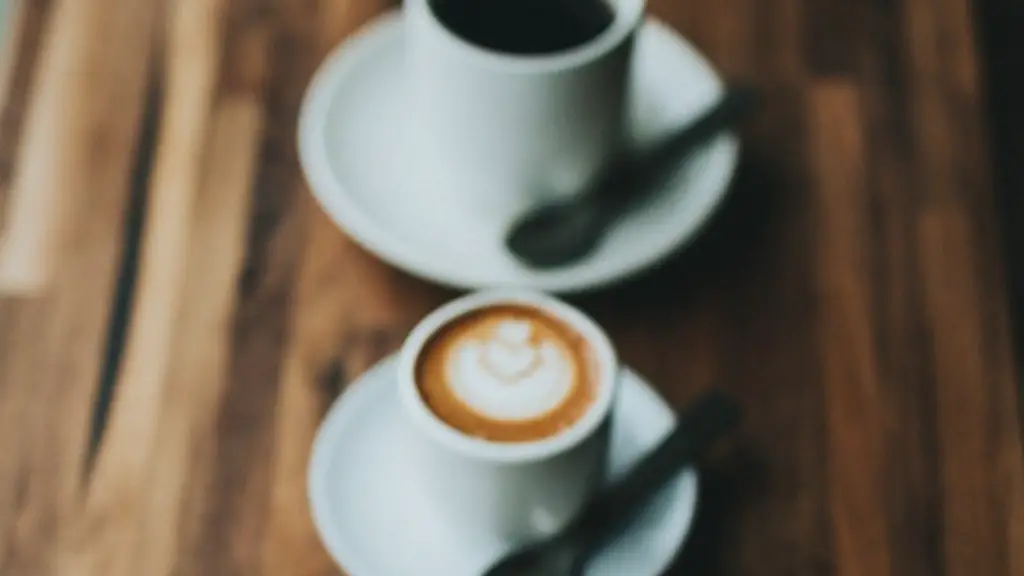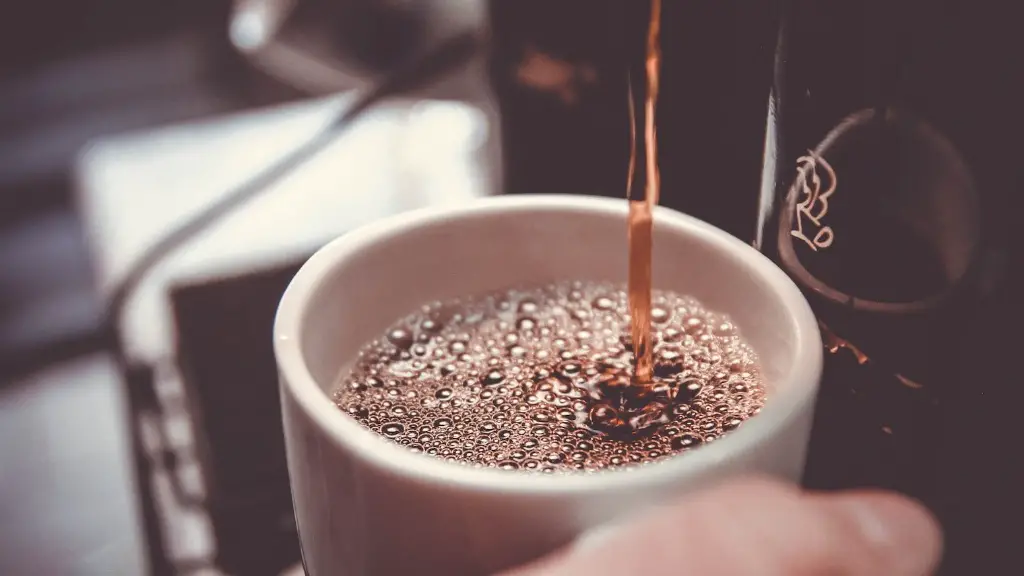Coffee: An Unpopular Beverage?
There’s no question that coffee has become an iconic beverage. The quintessential caffeine-rich liquid is a staple in many households, with it being enjoyed by billions of people across the globe. But despite its popularity, there are plenty of people who don’t like coffee. For those who simply don’t appreciate the flavor or don’t enjoy drinking it, there are plenty of alternatives that can give you that dose of morning energy without having to sip a cup of joe.
Though coffee is typically thought of as bitter and acidic, it doesn’t necessarily have to taste that way. If you don’t like the taste of coffee, there are plenty of flavored varieties that can make the beverage much more palatable. Some common categories of flavored coffee include nutty, fruity, spicy, chocolatey, and sweet. Many cafés and grocery stores carry flavored varieties of both cold and hot coffee, so you can pick out your favorite flavor and brew it up right at home. For those who are used to drinking their coffee with cream and sugar, flavored varieties can often be the perfect solution – the sweetness and the addition of flavors mask the bitterness of the coffee while still giving you your daily caffeine fix.
If you don’t like coffee but still want a flavorful and energizing drink in the morning, there are plenty of other options. Green tea, for instance, is packed with antioxidants and has less of an acidic flavor than coffee. Herbal teas like roobois, chamomile, and puerh are also good options, as they are low in caffeine, have many health benefits, and can be accompanied with various types of milk and sweeteners. For those looking for a stronger kick of energy, yerba mate is a great alternative to coffee – it’s high in caffeine, but has a much lower acidity and lighter flavor.
In terms of energy drinks, there are plenty of options out there that don’t contain coffee. These typically use guarana or taurine as their energy source, and have flavors ranging from fruity to sweet to tart. Many health food stores also carry non-caffeinated energy drinks, which are made with naturally occurring stimulants like ginseng and maca powder. This can be a great way to energize without having to consume coffee.
One of the best coffee alternatives for those who don’t like coffee is chicory root. This plant-based coffee substitute has a flavor profile that is similar to coffee, but without the caffeine. Chicory is full of beneficial antioxidants, minerals, and vitamins, making it a great choice for those looking for a healthy pick-me-up. The root can be brewed at home, or purchased in pre-ground or pre-brewed versions at most health food stores.
If you don’t like coffee but still want to get that same flavor and energy boost, there are plenty of alternatives. From flavored coffee to herbal teas and even energy drinks, there’s something out there that can help satisfy your needs without having to drink a cup of joe.
What Energy Drinks Are Safe to Drink?
With so many energy drinks on the market, it can be difficult to know what is safe to drink. Energy drinks are not regulated by the FDA and many of them contain added stimulants such as taurine and caffeine which can cause adverse side effects when consumed in large quantities. Some of the most popular energy drinks contain high amounts of stimulants and other added ingredients, making them unsafe for children, pregnant women and those with health problems. To ensure safety, it’s important to research the ingredients of the energy drinks you are considering and familiarize yourself with the amount of caffeine and other ingredients in each drink.
It’s also important to note that some energy drinks contain a lot of added sugars, which can contribute to weight gain and other health problems. For those who don’t like coffee, there are numerous natural energy drinks on the market which are made with plant-based ingredients such as guarana and maca powder, both of which have energizing properties. These natural energy drinks typically contain far less sugar than traditional energy drinks and have fewer stimulants and other added ingredients.
No matter what kind of energy drink you choose, it’s important to monitor your consumption. Too much caffeine and sugar can have a detrimental effect on your health, so be sure to read nutrition labels and ingredient lists before drinking and never exceed the recommended amounts per day. Additionally, keep an eye out for potential allergens and ensure that the products are safe for you to consume.
What Are The Health Benefits of Alternative Drinks?
When it comes to alternative drinks, there are a variety of health benefits that can come with them. Depending on the exact drink, the health benefits could range from a boost in energy, mental clarity, to improved digestion and more. For example, many herbal teas and plant-based drink options contain naturally occurring stimulants such as ginseng and maca powder, which are known to have energizing properties. Herbal teas, such as chamomile and rooibos, can also provide a calming effect and aid with digestion.
In addition to energizing or calming benefits, many alternative drinks are packed with various vitamins and minerals. Tea and coffee made with chicory root, for example, contains a host of beneficial antioxidants, enzymes and other nutrients such as vitamin C, zinc and iron. Plant-based energy drinks are also known to contain numerous vitamins, minerals and other beneficial compounds, making them a great choice for those looking for a health-conscious pick-me-up.
Overall, alternative drinks offer numerous potential health benefits and using them as a substitute for coffee can help optimize physical and mental performance. For those who don’t like coffee, there are plenty of delicious and healthy tea and energy drink alternatives to explore.
What Are Some Alternatives to Store-Bought Drinks?
For those who don’t like coffee and are looking for a more natural energy source, there are several alternatives to store-bought drinks. One option is homemade energy boosting drinks, which can be made with ingredients like fruit juice, plant-based milk, and honey. This type of drink is a great way to get the same energy boost without the added preservatives, coloring, and flavors found in many store-bought energy drinks.
Another option is homemade herbal tea. For this, you can use any type of herbs such as chamomile, ginger, or other plants, combined with fruits and sweeteners for flavor. Herbal teas provide fantastic health benefits and can be made with luxurious ingredients such as rose petals, lavender, and much more. You can even mix and match herbs to create your own custom blends.
Finally, many health food stores carry ground chicory root, which can be used to create the perfect cup of coffee alternative. To make the drink, simply add boiling water and let it steep for a few minutes. You can also add cream, sugar, or other sweeteners to customize the flavor.
Which Is The Best Drink For Caffeine Sensitivity?
For those with caffeine sensitivities, it can be difficult to find an alternative to coffee that still provides a burst of energy. Luckily, there are plenty of options for those looking for a low-caffeine pick-me-up. Green tea is a popular choice, as some varieties contain only 15-40 milligrams of caffeine per cup (in comparison, a cup of coffee can contain up to 200 milligrams). Herbal teas like chamomile and rooibos are also great choices, as they are naturally caffeine-free.
Certain energy drinks are also low in caffeine, and most health food stores carry natural versions that are free of added stimulants. Yerba mate is another great option, as it contains 85 milligrams of caffeine per cup, lower than that of coffee, but with plenty of energizing properties. Finally, chicory root is a great caffeine-free coffee alternative, offering a smooth and naturally sweet flavor.
How to Make Coffee Alternatives at Home?
Making coffee alternatives at home is a great way to get a delicious energy boost without having to rely on pre-made drinks. For those looking to make their own chicory root coffee, all you need is ground chicory root and boiling water. To make, simply add the two ingredients together, mix, and let the concoction steep for five minutes. The result is a delicious and caffeine-free cup of coffee that offers the same flavor and kick as the real thing.
Herbal tea can also be made at home in minutes. To do this, simply collect your herbs, either from a grocery store or your own garden. Depending on the tea, you can combine any combination of herbs, such as chamomile, mint, ginger, dandelion, and more. Place the herbs into a tea strainer or ball and steep in boiling water for 3-5 minutes, depending on the strength you prefer.
Finally, homemade energy drinks are easy to make, and can be customized to your tastes. Start off by blending a mixture of your favorite fruits and juices. Add any type of plant-based milk, such as almond or oat milk, to the mixture, and sweeten it with honey, agave, or a low-calorie sugar substitute. The result is a wonderfully delicious and energizing drink that can be enjoyed anytime.
